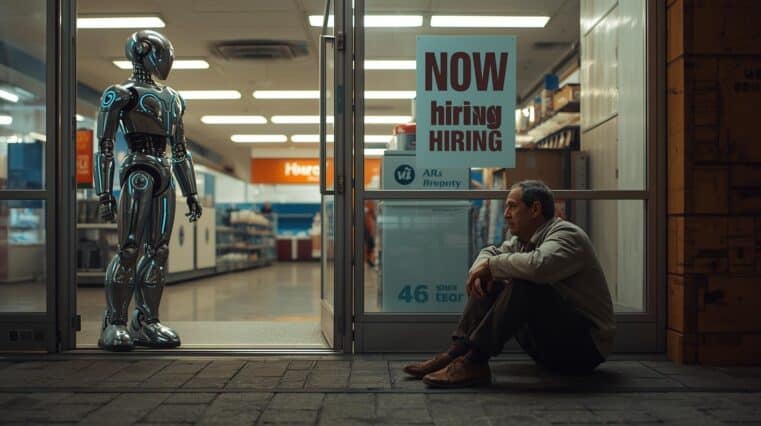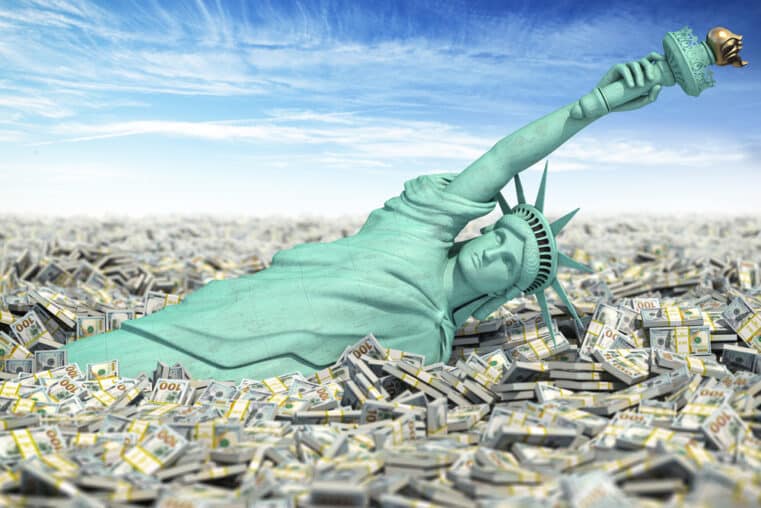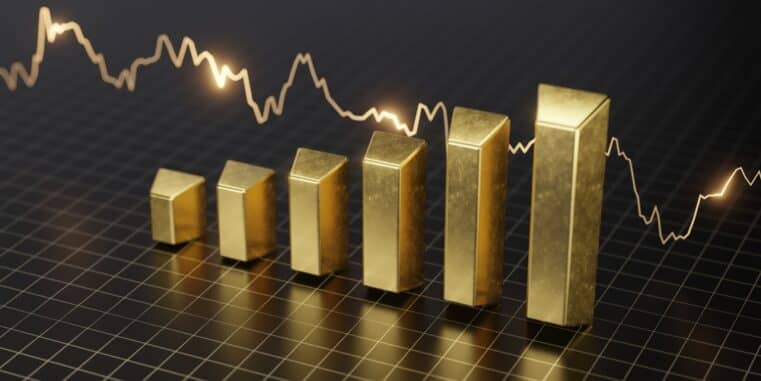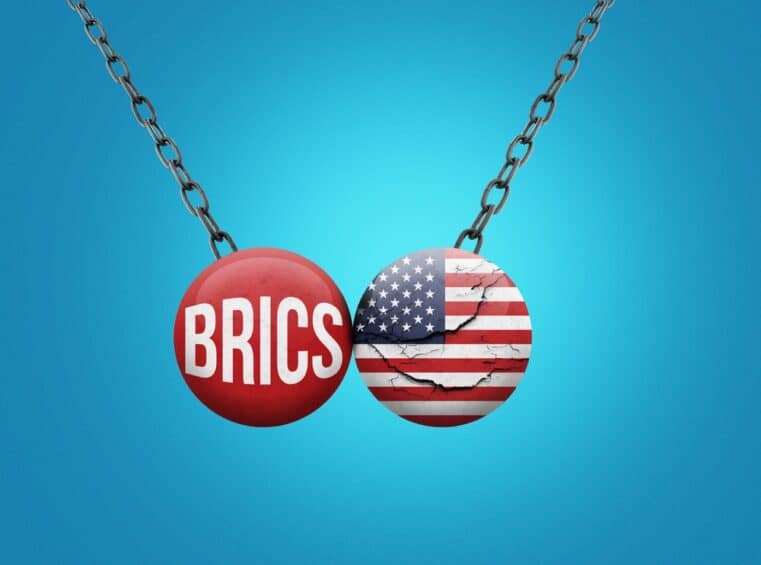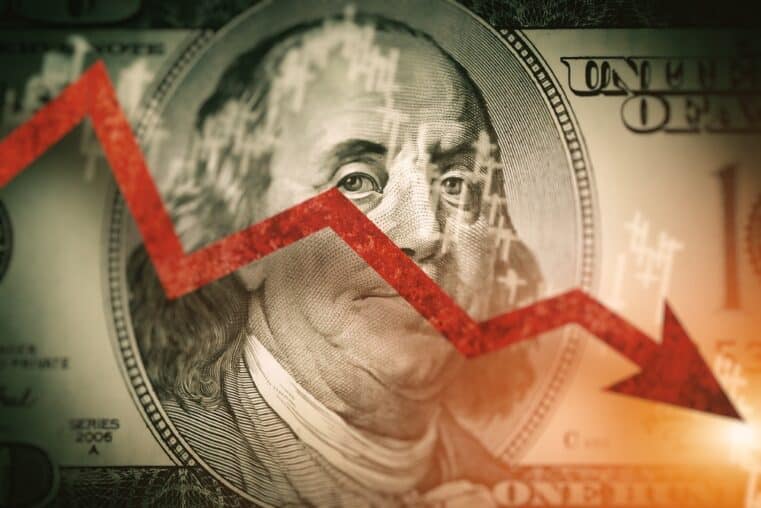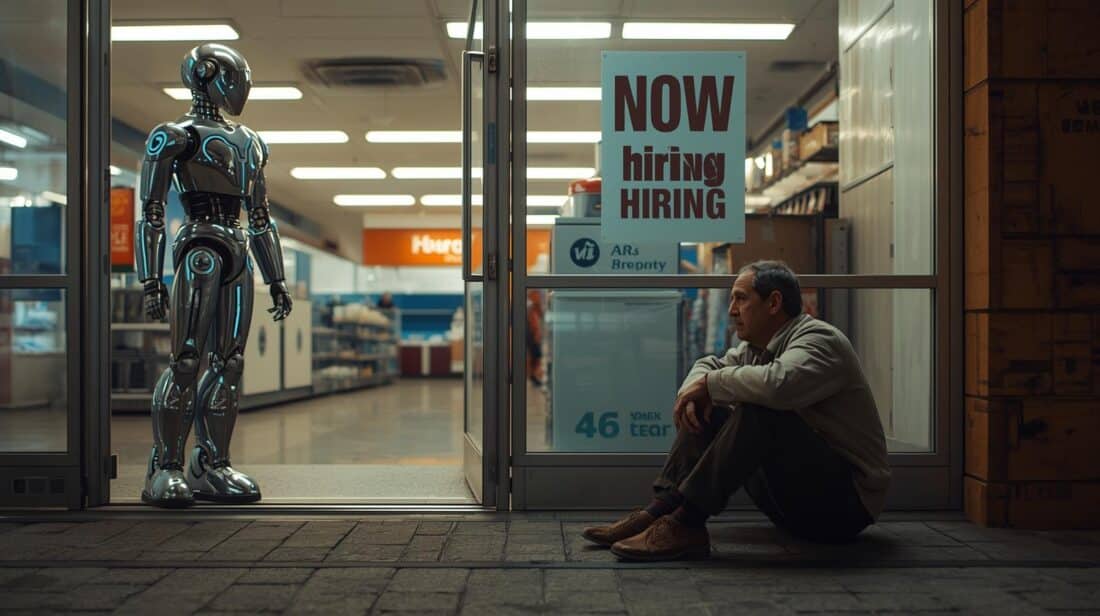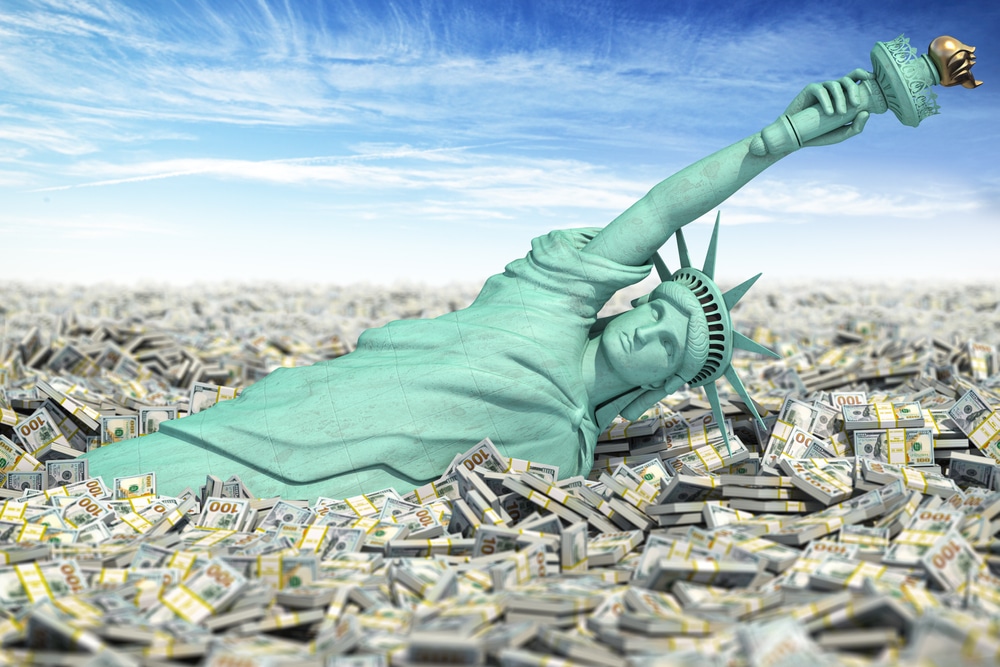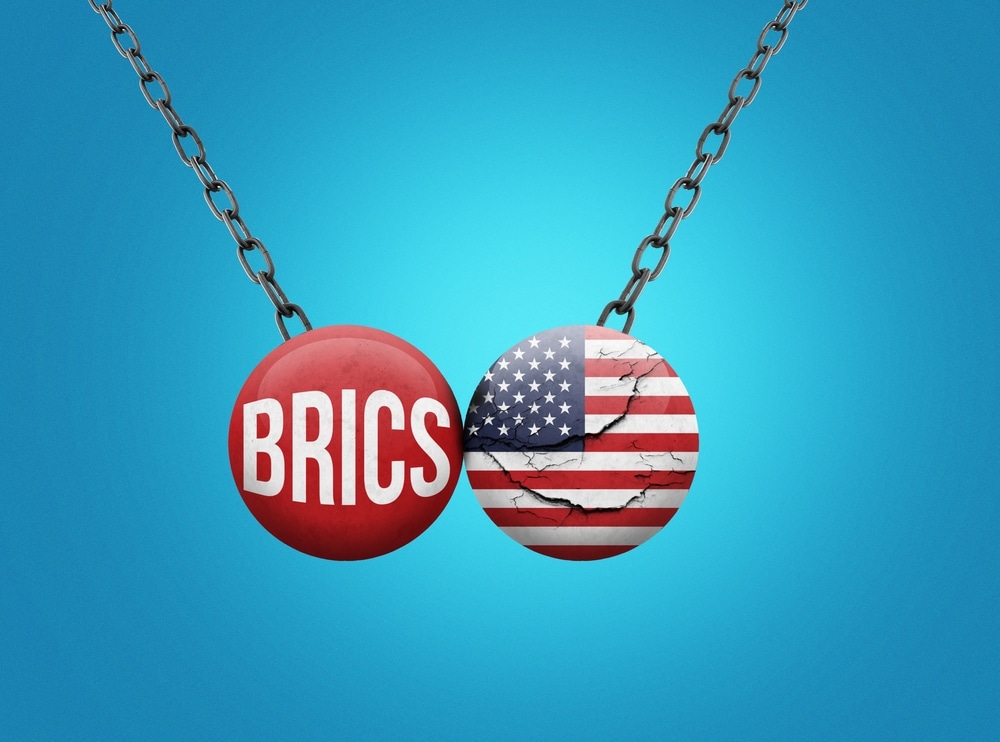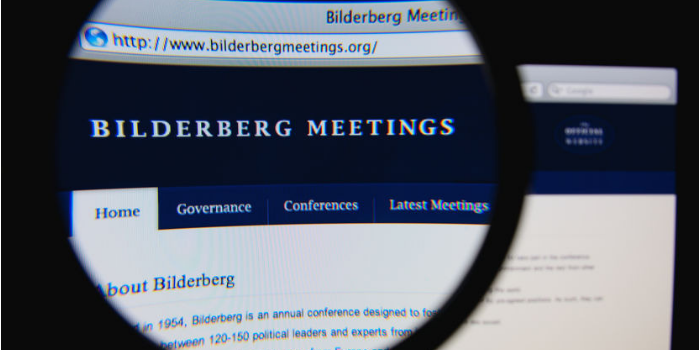
The 1% Controlling Everything is the 1% You Cannot See
A weaponized economy as a system of social control is nothing new.
It doesn’t really matter whether you occupy the left or the right. Suspicions toward economic systems as a tool for the exploitation of labor exist on both sides of the fence.
These suspicions and the debates that arise from them are as spirited and impassioned as they are exceedingly misguided and embarrassingly herd-like:
- The left finds their object of blame in unrestrained “capitalism”; the ultra-left (democratic socialists) aiming to establish greater freedom and equality by restricting individual freedom and enforcing equality as defined by an ambiguous “state.”
- The right places blame on socialist-like liberal policies; the alt-right finding their solution not in the spirit of fierce American independence but in “submission” to a kind of paranoiac monoculturalism and economic protectionism that mirrors the very anti-free market and anti-freedom malevolence they aim to combat.
Both sides vehemently uphold their own notions of “freedom,” not realizing that the means by which they aim to achieve it has transformed their own version of freedom into an oxymoron.
In this regard, the left is as shamefully misguided, uncritical, and “un-thinking” as the right.
And if Russian social media trolls can easily “herd” American sentiment against itself, then the real 1% pulling the strings from behind the global curtain have very little to worry about.
The solution to corrupt and totalitarian economies is rather simple, yet something the mainstream public fails to understand time and again: establish free markets!
Easier said than done. Here’s the sad thing:
Many Conservatives believe that we are actually in (or close to) a free market economy. No, corporations--meaning the protections and advantages they enjoy--are a product of centralized government.
Socialists, on the other hand, will rail against corporations and free markets as the main source of inequality around the globe. No, corporations--meaning the protections and advantages they enjoy--are a product of centralized government.
Two faces of the same problem.
As for a free market system, it hasn’t existed on a large scale in the global economy in over a century.
In its place are central banking and crony capitalism.
Both aim to control markets.
Both aim to establish monopolies.
Both are enemies of free markets and a free society.
Protections of limited liability, legislation shielding corporations from civil lawsuits, unfair taxation of smaller businesses--these all serve as a way for the government to pick a certain class of winners and losers.
This kind of government intervention, despite taking place within a “capitalist” society, is much closer to socialism than free markets.
In a truly free market, the government does not interfere, the government does not play favorites.
As a result, corporations would be in a much more competitive environment. Corporations would be forced to be more closely attuned to the markets lest they risk competitive obliteration.
If limited liability were absent, business execs would be personally accountable for any harm they may cause, as they would potentially face jail time rather than a mere fine.
In short, corporations and their execs would have much more “skin in the game” if it weren’t for certain legislative protections.
Behind this corrupt combination of government protection and corporate power are the central banks and the global institutional elites--the IMF and the Bank for International Settlements--that back them.
The international banking elites that occupy the top realms of power along with the IMF and Bank for International Settlements issue the global strategy which is then implemented by the central banks.
As a history scholar and globalist insider Carroll Quigley wrote in his bookTragedy and Hope: A History of the World in Our Time:
“The powers of financial capitalism had another far-reaching aim, nothing less than to create a world system of financial control in private hands able to dominate the political system of each country and the economy of the world as a whole. This system was to be controlled in a feudalist fashion by the central banks of the world acting in concert, by secret agreements arrived at in frequent private meetings and conferences. The apex of the system was to be the Bank for International Settlements in Basel, Switzerland, a private bank owned and controlled by the world’s central banks which were themselves private corporations. Each central bank … sought to dominate its government by its ability to control Treasury loans, to manipulate foreign exchanges, to influence the level of economic activity in the country, and to influence cooperative politicians by subsequent economic rewards in the business world.”
As mentioned in our title, this is the 1% that controls almost everything, the 1% most people cannot see.
The effect of this collective power is evident. How has government and legislative protections skewed the competitive playing field? How much control do central banks have over economies? And how much influence does the IMF and Bank of International Settlements have over central banks?
If your immediate reaction is to avoid these questions and dismiss such warnings as mere “conspiracy theory,” then think again.
In the US, why else would President Trump rant against the Fed? Because in the economic and monetary sphere, the White House is virtually powerless against them.
There’s this great line from the film, The Usual Suspects: “The greatest trick the devil ever pulled was to convince the world he didn’t exist.”
This applies to government’s paradoxically socialist role in a “capitalist” system. It applies to the Russian trolls who meddled in our election process, one that hardly any American suspected.
And most importantly, it applies to the 1% who hardly anyone can identify, let alone see.
Just think about the number of exclusive conferences that involve globalist think tanks and institutions taking place throughout the year including Davos, the Brookings Institute, Council of Foreign Relations, Tavistock, Bilderberg, and more.
This not just about greed. It’s not merely about profit.
It’s about control.
On a global scale.
And whether you find yourself on the right or the left, conservative or liberal, even Alt-right or Antifa, it doesn’t really matter: for you are most certainly a cog in a machine that you can’t even see.
And although you may not be able to exit the system, you can make it so that the notion of the 99% versus the 1% is rendered irrelevant.
You can accomplish this by first “thinking” independently, and then by slowly exiting an economic system that the 1% has laid out for you to play into their hands, their profit, their control...and against your best interests, and against your fellow Americans.



